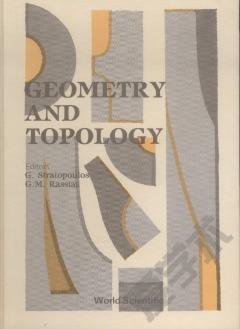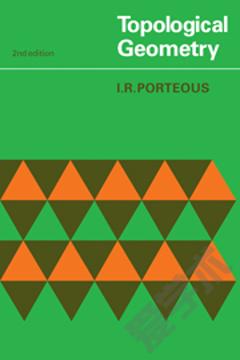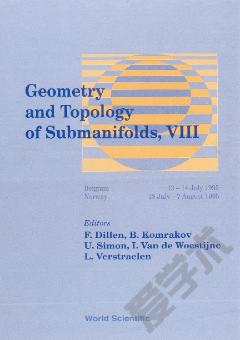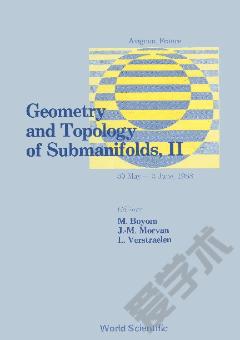Geometry and Topology
Geometry provides a whole range of views on the universe, serving as the inspiration, technical toolkit and ultimate goal for many branches of mathematics and physics. This book introduces the ideas of geometry, and includes a generous supply of simple explanations and examples. The treatment emphasises coordinate systems and the coordinate changes that generate symmetries. The discussion moves from Euclidean to non-Euclidean geometries, including spherical and hyperbolic geometry, and then on to affine and projective linear geometries. Group theory is introduced to treat geometric symmetries, leading to the unification of geometry and group theory in the Erlangen program. An introduction to basic topology follows, with the Mobius strip, the Klein bottle and the surface with g handles exemplifying quotient topologies and the homeomorphism problem. Topology combines with group theory to yield the geometry of transformation groups,having applications to relativity theory and quantum mechanics. A final chapter features historical discussions and indications for further reading. With minimal prerequisites, the book provides a first glimpse of many research topics in modern algebra, geometry and theoretical physics. The book is based on many years' teaching experience, and is thoroughly class-tested. There are copious illustrations, and each chapter ends with a wide supply of exercises. Further teaching material is available for teachers via the web, including assignable problem sheets with solutions.
{{comment.content}}








 京公网安备 11010802027623号
京公网安备 11010802027623号